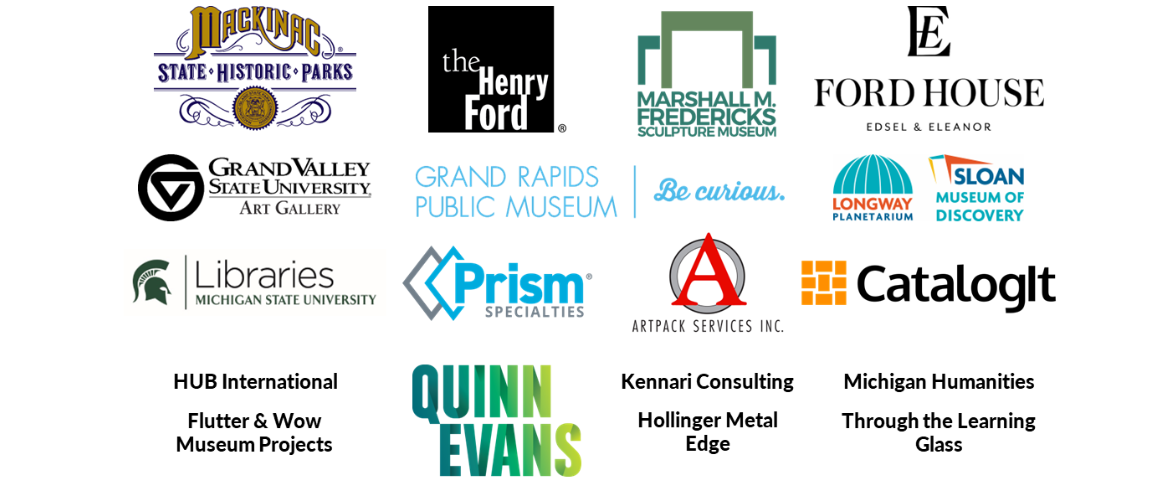MMA Blog
Recent Posts
|
Thank you to our Partners!

Michigan Museums Association 313-334-7643 PO Box 5246, Cheboygan, MI 49721 lcbrisson@michiganmuseums.org
Powered by Wild Apricot Membership Software
MMA Blog
Recent Posts
|
Thank you to our Partners!

Michigan Museums Association 313-334-7643 PO Box 5246, Cheboygan, MI 49721 lcbrisson@michiganmuseums.org
.png)